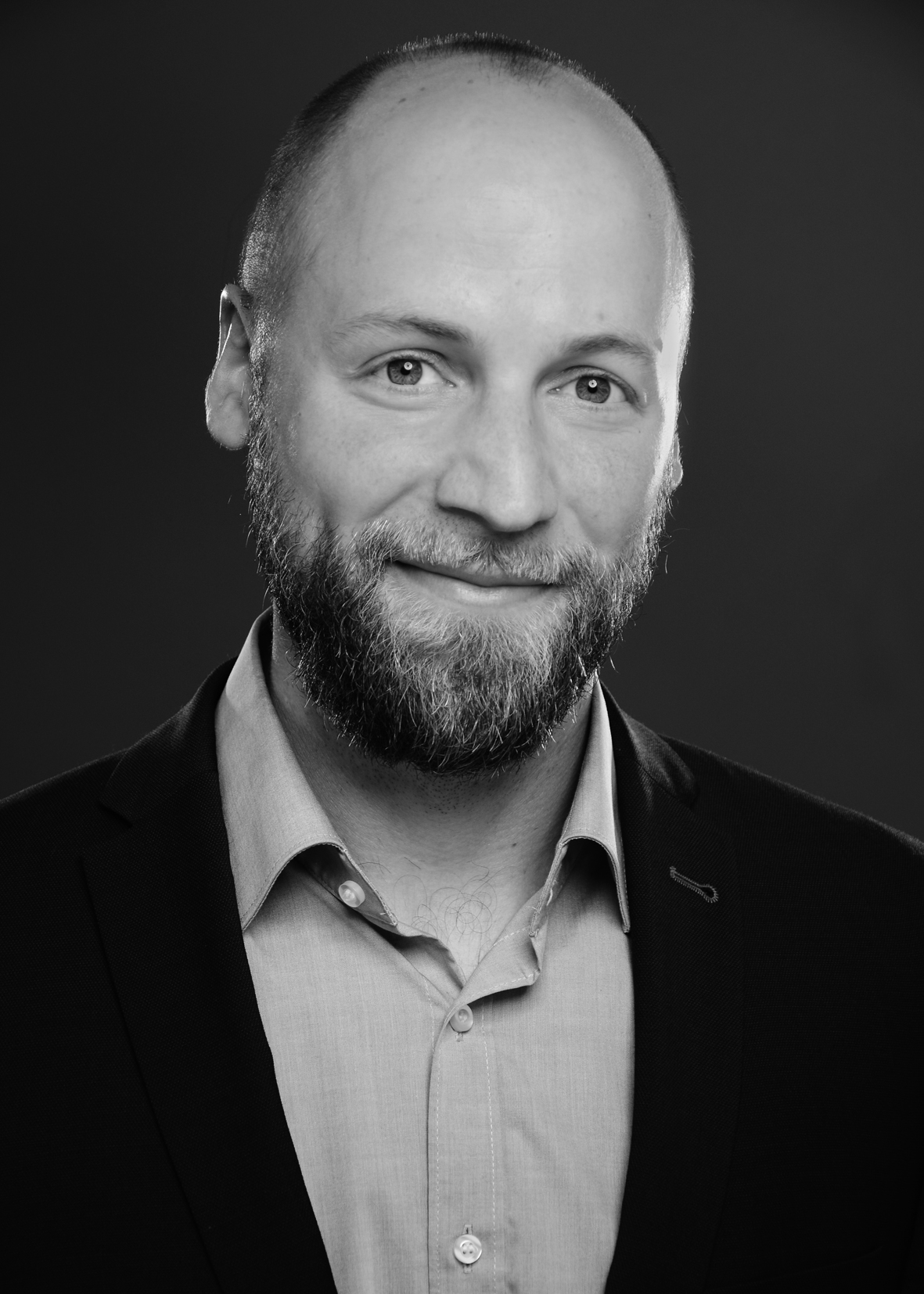ID: 62859
Jakob Körbelin
Group leader
Research Interests
The vasculature is an essential part of the human body and provides every single cell in each organ with nutrients and oxygen. The blood vessels of one single person stretch over a total length of 100,000 km which equals the distance of 2.5 times around the globe. The smallest vessels in the body, the capillaries, consist of only one layer of endothelial cells and account for 80% of the total vessel length. Endothelial cells play a pivotal role in regulating the integrity of the whole vascular system. A healthy and intact vasculature in turn is essential for keeping up the body’s fine-tuned homeostasis. It is not surprising that a vast number of diseases is linked to endothelial dysfunction. We believe that endothelial cells are the key to treating a broad range of diseases, especially those affecting the well-perfused large organs such as lung and brain. Moreover, malignant diseases may be treated by targeting endothelial cells, as tumor development and metastasis are heavily influenced by the tumor vasculature. Our team is working on the development of novel endothelial-based gene therapy strategies for a broad range of diseases linked to vascular dysfunction. As part of the ENDomics lab, our Vascular Gene Therapy Team is most strongly interested in neurovascular, neurological and pulmonary diseases such as pulmonary (arterial) hypertension.
Techniques and Methods
Viral vectors based on the adeno-associated virus (AAV) are a very promising tool to deliver therapeutic genes to human cells. Different AAV vectors have successfully been used in preclinical and clinical gene therapy trials for a broad range of diseases and some of them have even been approved for commercial gene therapy in the USA and the EU. Unfortunately, most available AAV vectors lack efficient tropism for endothelial cells. To re-direct AAV to new, formerly inaccessible targets (i.e. endothelial cells) we employ random peptide libraries displayed on the AAV capsid. Our AAV display peptide libraries, which have initially been developed in Martin Trepel’s Receptor Targeting Lab, consist of up to 100 million different peptide-presenting capsid variants. By employing in vivo screening approaches over multiple selection rounds on the target cells of choice, we have been able to isolate endothelial-directed AAV vectors for different organs such as AAV-BR1 (brain ECs) and AAV2-ESGHGYF (pulmonary ECs). Employing these vectors, we are able to assess novel gene therapy approaches of brain and lung diseases in preclinical settings. In addition, by constantly improving our screening approaches (in vitro, in vivo, ex vivo and combinations thereof) and by constantly improving our random AAV display peptide libaries, we aim to further increase vector efficacy and expanding our portfolio of targeted AAV vectors to different organs and species.
Publications
Research output: SCORING: Contribution to journal › SCORING: Journal article › Research › peer-review
Research output: SCORING: Contribution to journal › SCORING: Journal article › Research › peer-review
Research output: SCORING: Contribution to journal › SCORING: Journal article › Research › peer-review
Research output: SCORING: Contribution to journal › SCORING: Journal article › Research › peer-review
Research output: SCORING: Contribution to journal › SCORING: Journal article › Research › peer-review
Research output: SCORING: Contribution to journal › SCORING: Journal article › Research › peer-review
Research output: SCORING: Contribution to journal › SCORING: Review article › Research
Research output: SCORING: Contribution to journal › SCORING: Journal article › Research › peer-review
Research output: SCORING: Contribution to journal › SCORING: Journal article › Research › peer-review
Research output: SCORING: Contribution to journal › SCORING: Journal article › Research › peer-review
activities
Activity: Participating in or organising an event › Participation in conferences › Research
Activity: Membership › Learned societies and special interest organisations › Research
Activity: Talk or presentation › Guest lectures › Education
Activity: Talk or presentation › Guest lectures › Education
Activity: Talk or presentation › Guest lectures › Education
Activity: Talk or presentation › Guest lectures › Education
Activity: Membership › Learned societies and special interest organisations › Research
Activity: Membership › Learned societies and special interest organisations › Research
Activity: Talk or presentation › Guest lectures › Research

